5 books posed as literary cannibalism
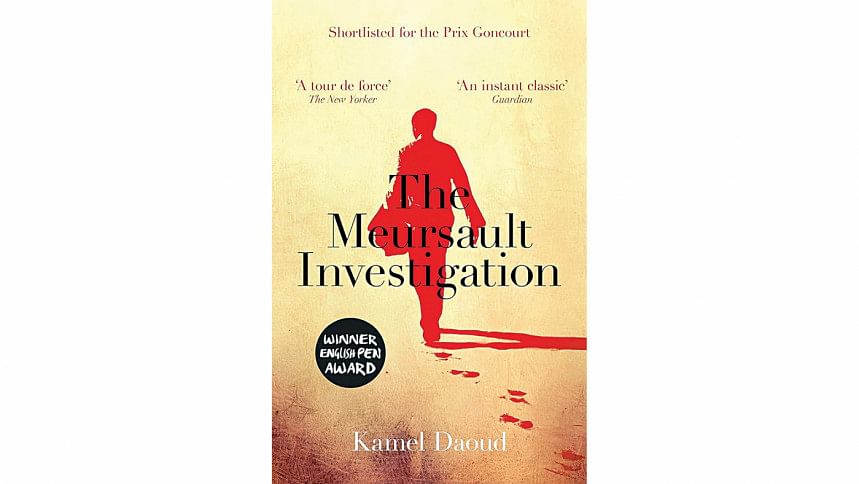
Literary cannibalism refers to the retellings of Western classics written by colonised or formerly colonised countries. These authors aim to decolonise the mindset of the readers of the popular literary classics. Decolonisation is a violent process, and by comparing this genre with cannibalism it demonstrates the brutality of it. This shift not only enriches our understanding of the original narratives but also highlights the voices that have long been silenced.
The Meursault Investigation
Kamal Daoud, John Cullen (translator)
Other Press, 2015
In The Stranger, Albert Camus holds off on humanising the Arab man, whom Meursault kills, by not naming him. The Meursault Investigation is told from the perspective of the murdered Arab's brother, Harun. Set in Algeria, it tackles existentialist, colonial, and identity issues, and we see Harun struggling with the aftermath of colonial aggression as well as the aftereffects of his brother's murder. The author provides a moving contrast to Albert Camus' original work by posing questions about purpose in a society influenced by injustice and absurdity through a combination of personal narrative and critique of society. It is both a captivating work and a provocative statement on the difficulties of postcolonial identity. The Meursault Investigation is the antithesis of The Stranger.
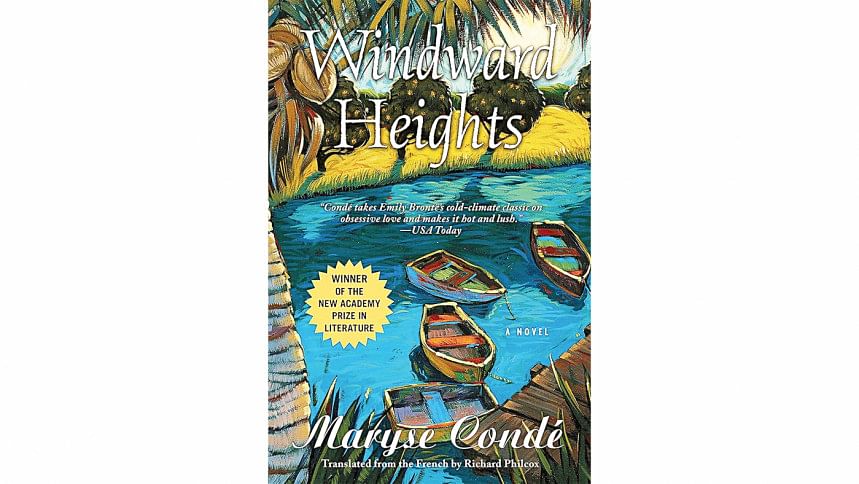
Windward Heights
Maryse Condé
Soho House, 1999
Set in the Caribbean, this is a gripping adaptation of Emily Brontë's Wuthering Heights. Using colonialism as a lens, the book recounts the turbulent tale of Heathcliff and Catherine's love. Against a colourful, lush setting, Condé delves into topics of race, power, and passion. The story combines historical and folkloric themes with an abundance of character complexity to present the original story from a new angle. Condé's work honours Brontë while also pushing readers to think about the nuances of love and yearning in a postcolonial context.
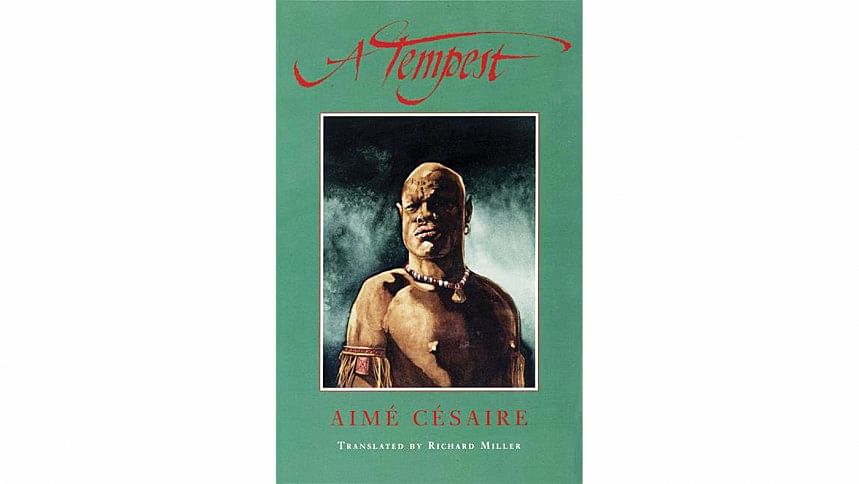
A Tempest
Aimé Césaire
Theater Communication Group, 2002
This book is a striking rendition of Shakespeare's The Tempest, reinvented through a postcolonial viewpoint. The tale of Prospero and Caliban is transformed through Césaire into an in-depth investigation of liberation, identity, and colonisation. The play emphasises the plight of the oppressed and their fight for liberation. The characters, especially Caliban, emerge as a symbol of resistance against colonial dominance. In addition to criticising colonialism, this piece highlights the tenacity of marginalised voices, which makes it a stimulating and thought-provoking work that speaks about contemporary concerns.
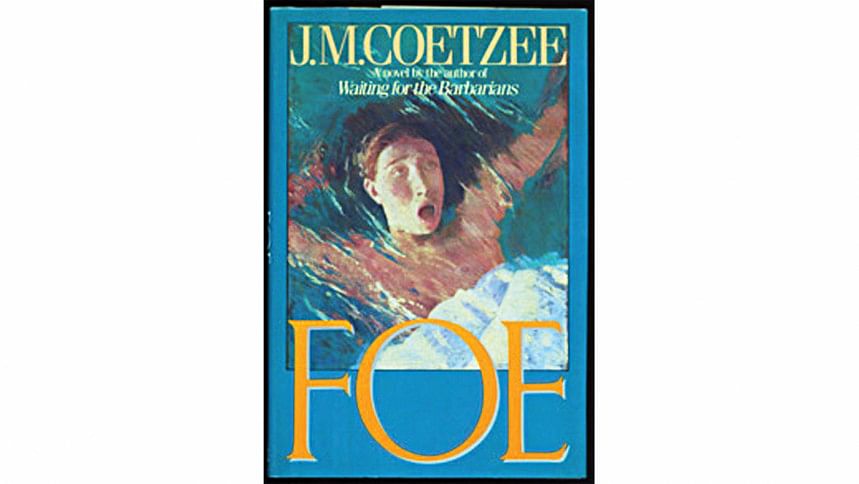
Foe
J.M. Coetzee
Penguin Books, 1987
In the reimagining of Daniel Defoe's Robinson Crusoe, Foe by J.M. Coetzee reimagines Friday as the main character. The novel addresses the struggle for voice and agency and shows how narrative power is crucial while recounting a story. Coetzee analyses the relationships between colonisers and the colonised, raising issues of historical narrative and historical agency. A deep commentary on oppression and the difficulties of authorship may be seen in the interaction between the characters of The Silent Friday and Susan Barton, who tries to present her version of the events. Coetzee's writing is both thought-provoking and beautifully crafted, making Foe a compelling exploration of the nature of storytelling itself.
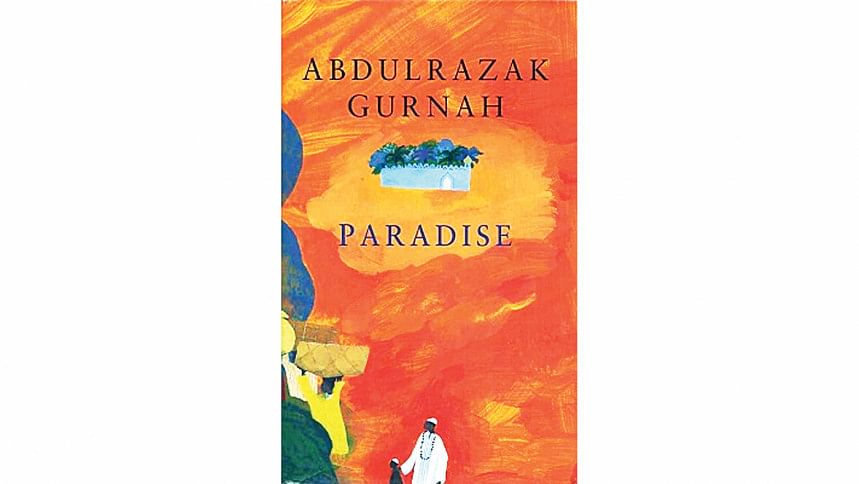
Paradise
Abdulrazak Gurnah
The New Press, 1995
Set during the early 20th century East Africa, the story follows Yusuf, a teenage boy whose father falls into debt and sells Yusuf to a wealthy merchant to repay it. Gurnah examines the intricacies of identity through Yusuf's perspective as he makes his way through a world which is seeing the ravaging effects of colonial enterprise. Through an intricate weaving together of political and personal histories, the novel illuminates the complexities of human connections as well as the repercussions of colonial authority. This book is a retelling of Heart of Darkness by Joseph Conrad, where Gurnah retells the journey from East Africa to the Congo through the lens of a teenage boy. Gurnah's evocative prose and nuanced character development paint a heartbreaking picture of civilisation in flux, transforming Paradise into a potent meditation on bereavement, yearning, and the pursuit of identity.
Isra Kabir is listening to the sound of Dhaka. Reach out to her at [email protected].

 For all latest news, follow The Daily Star's Google News channel.
For all latest news, follow The Daily Star's Google News channel. 


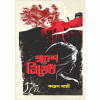




Comments